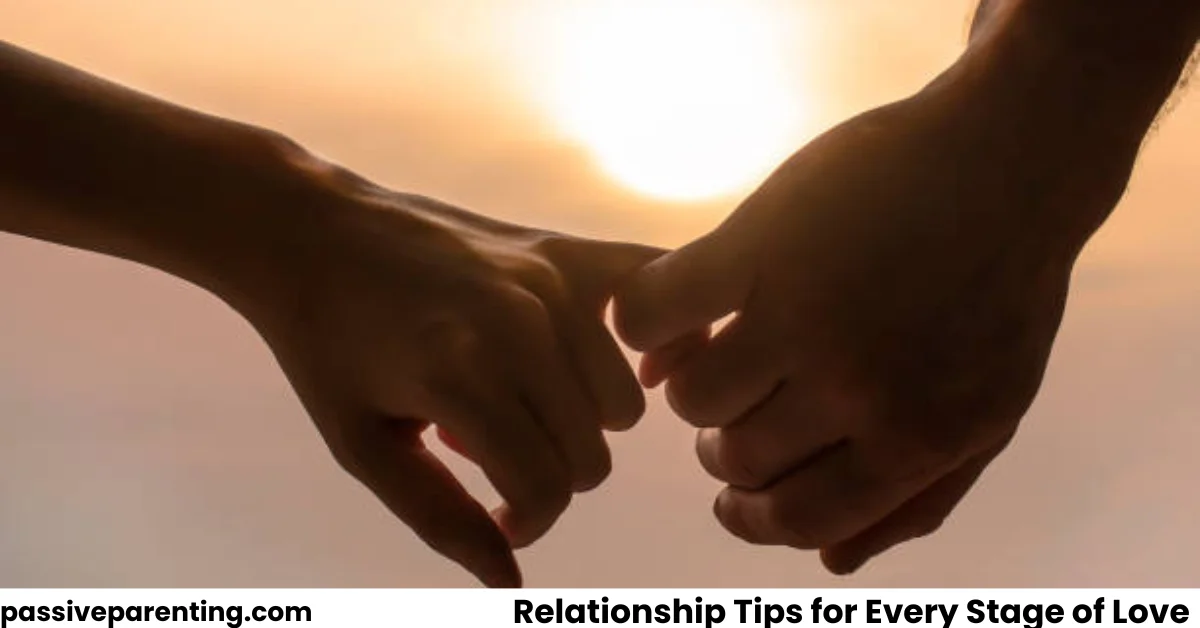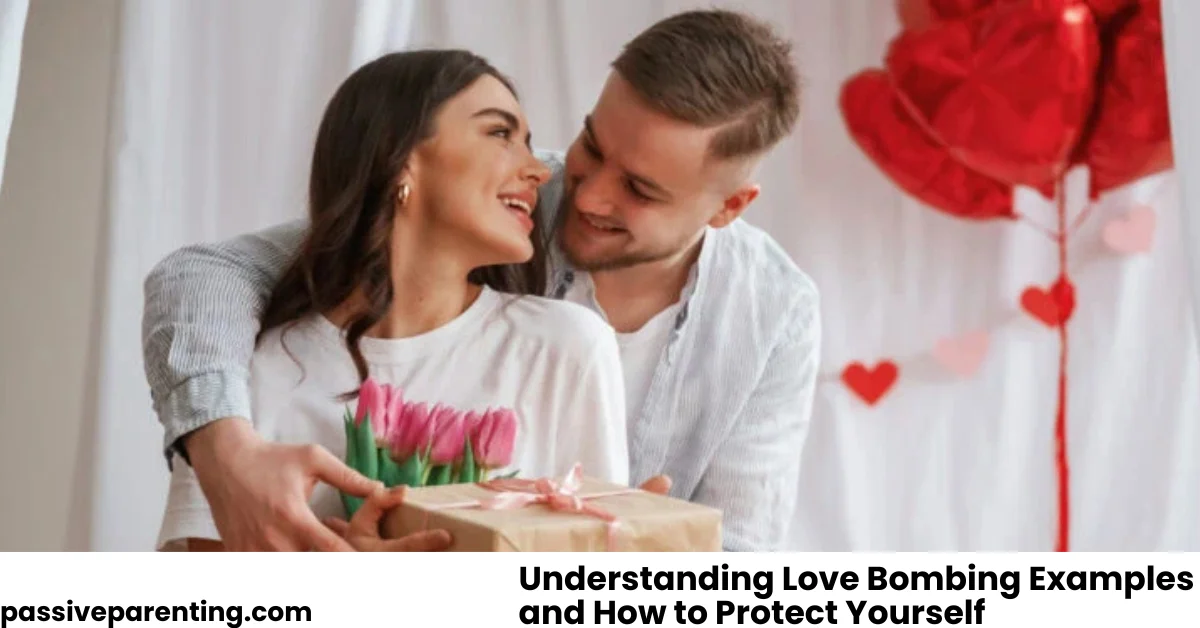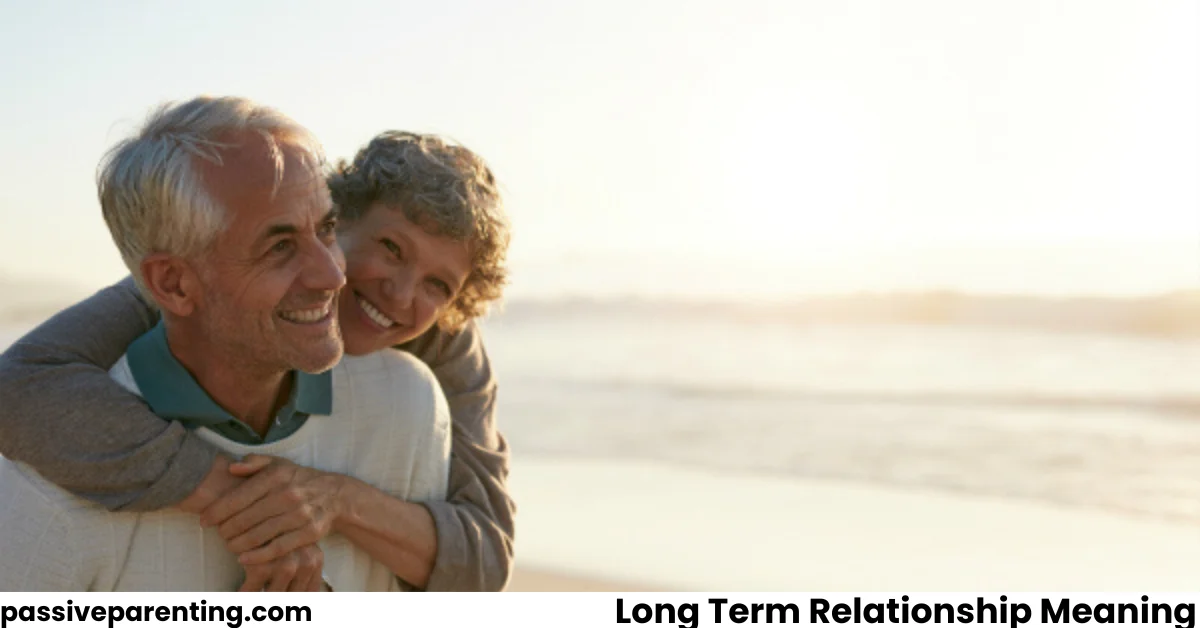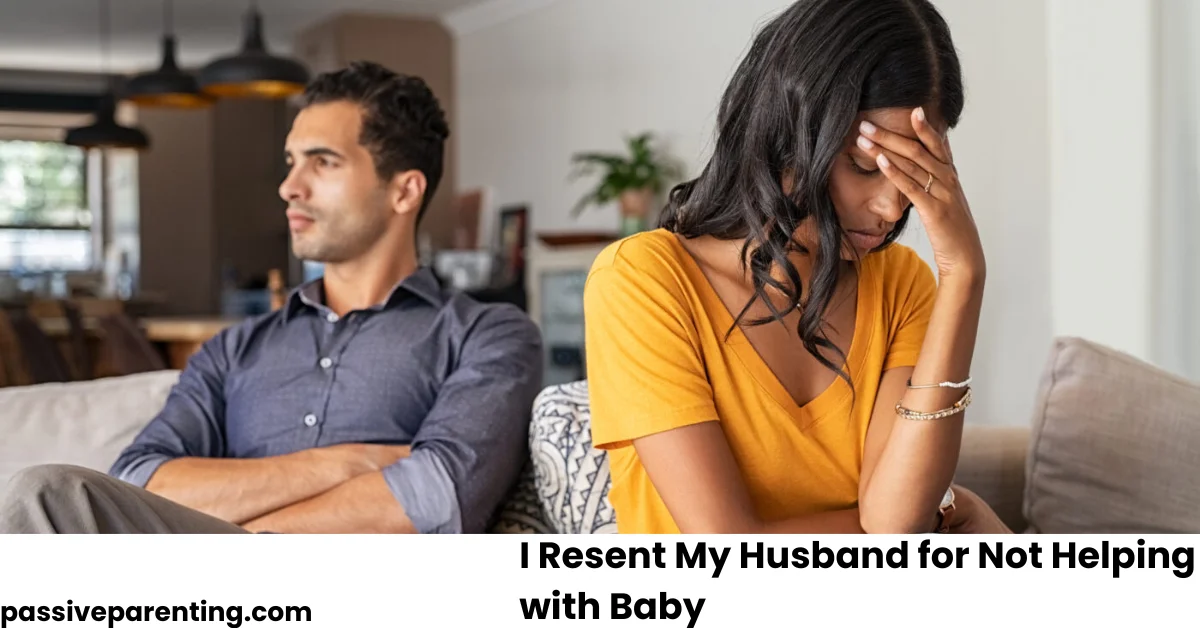Love, it can feel like magic when it’s right, and chaos when it’s not. Whether you’re just starting something new, trying to save something old, or learning to love yourself again after heartbreak, relationships are a journey of constant discovery.
And here’s the truth: no one gets them perfect. But everyone can get better.
These relationship tips aren’t abstract theories, they’re real, grounded lessons about what it takes to connect, communicate, and grow through every type of relationship: short-term, long-term, toxic, healthy, and everything in between.
So let’s dive into the tips that make love work, and sometimes, the tips that help you walk away.
Understanding the Foundation of Relationships
A relationship is not just about attraction or shared interests. It’s about emotional safety, trust, and growth. Every strong connection whether between lovers, friends, or family relies on mutual respect, empathy, and consistent communication.
Healthy relationships don’t just “happen.” They are built, brick by brick, choice by choice. The best ones are those where both people can be fully themselves without fear of judgment, where love doesn’t suffocate but supports.
At its core, a relationship is a living thing. It breathes, changes, and evolves with time. Like a plant, it needs attention, sunlight in the form of appreciation, water in the form of time, and good soil made of trust.
Tips For Short-Term Relationships: Enjoy, Learn, and Stay Honest
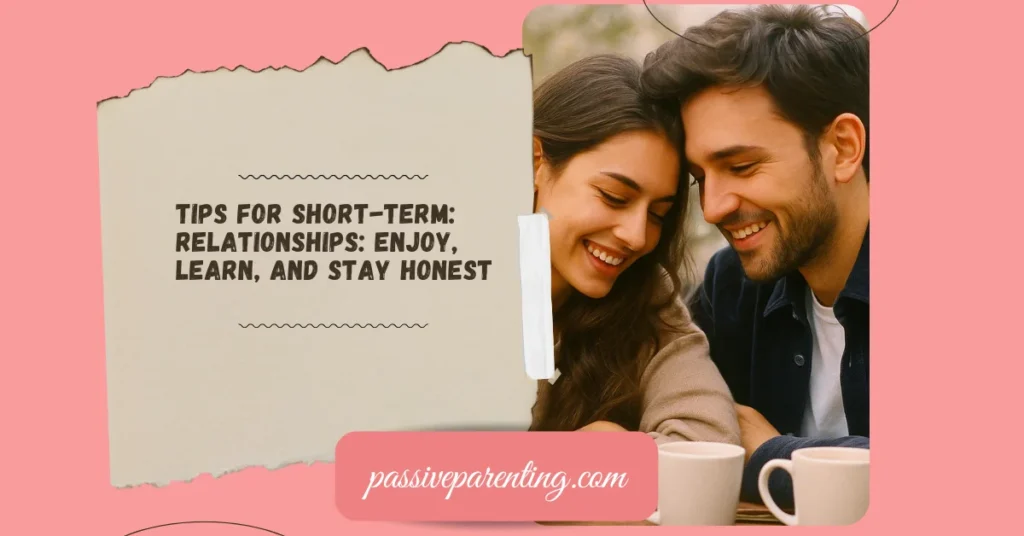
Short-term relationships can be exciting, passionate, and deeply insightful if you enter them with clarity and respect. Imagine meeting someone during a summer trip or a new job chapter, the connection feels real, but you both know it might not last forever. In such moments, understanding the short term relationship meaning helps set healthy expectations and keeps the experience joyful rather than confusing.
One of the biggest mistakes people make is confusing temporary with trivial. Even a few months (or weeks) of connection can teach you powerful lessons about communication, compatibility, and self-worth.
If you’re in a short-term relationship, the key is intentional honesty. Don’t pretend it’s more serious than it is to avoid discomfort. Set expectations early. If you’re exploring or uncertain, say so.
Be present. Enjoy the conversations, the laughter, the adventure, without trying to turn it into a lifelong commitment. Short-term love can still be authentic love.
And when it’s time to part ways, do it kindly. Endings are easier when you’ve been real from the start. Leave with gratitude, not guilt. Every person we meet adds a chapter to our growth story.
Not every relationship is built for forever, and that doesn’t make it meaningless.
Tips For Long-Term Relationships: Keep Choosing Each Other
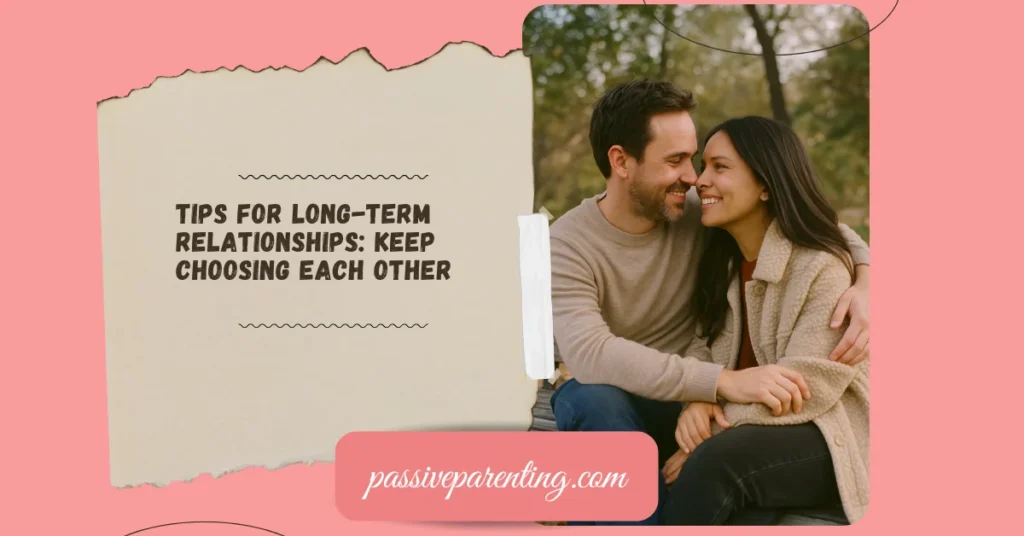
Long-term relationships aren’t built on luck; they’re built on daily choices.
The early days of excitement fade, and routine sets in, that’s when real love begins.
The biggest tip for lasting relationships? Never stop dating each other.
Keep the spark alive by showing curiosity. Ask about your partner’s day, goals, and dreams as if you’re still discovering them. People evolve, and so should your connection. It’s during this continuous growth that many couples truly begin to understand the long term relationship meaning, realizing that lasting love isn’t built in grand moments, but in the quiet, everyday effort to stay connected.
Don’t expect perfection, expect partnership. You’ll argue, sometimes over silly things, but every disagreement is a chance to understand each other better. The healthiest couples aren’t the ones who never fight, but the ones who fight with respect and recover with empathy.
Most importantly, give each other room to breathe. Independence fuels intimacy. Let your partner grow, and grow yourself alongside them. Long-term love isn’t about being inseparable; it’s about being unbreakably supportive.
Tips For Escaping a Toxic Relationship: Know When to Walk Away
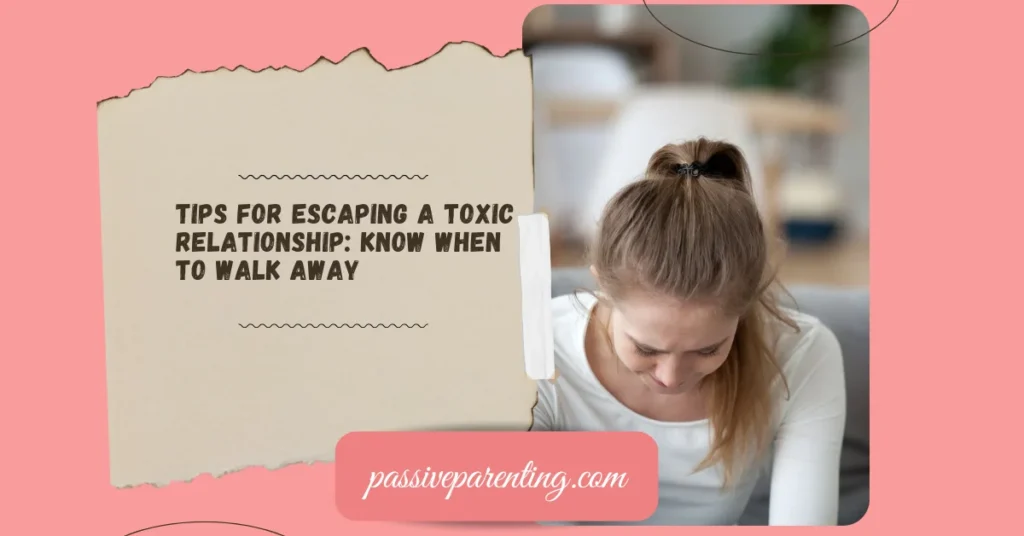
One of the hardest truths about love is that sometimes, it’s not healthy.
Toxic relationships don’t always start toxic, they often begin with affection and promise, then slowly shift into control, manipulation, or emotional exhaustion.
If you constantly feel anxious, drained, or fearful of your partner’s reactions, it’s time to pause and ask yourself: Is this love, or is this control?
Here are the red flags to pay attention to, the subtle kind that people often overlook:
- You find yourself apologizing constantly, even when you did nothing wrong.
- You hide parts of yourself to keep the peace.
- They dismiss your feelings, or twist your words into guilt.
- You feel isolated from friends, family, or your own confidence.
Escaping a toxic relationship starts with reclaiming your perspective.
You are not “too sensitive.” You are not “hard to love.” You are simply in an environment where respect no longer lives.
Reach out for support, a trusted friend, therapist, or even a support group.
Plan your exit safely and firmly. You don’t owe long explanations to people who’ve repeatedly crossed your boundaries.
Leaving a toxic relationship isn’t weakness; it’s a declaration that you value peace over chaos.
Remember: real love doesn’t leave bruises on your soul.
Relationship Health Comparison
| Aspect | Healthy Relationship | Toxic Relationship |
|---|---|---|
| Communication | Honest, respectful, active listening | Defensive, silent treatment, manipulation |
| Trust | Built through transparency | Constant suspicion and control |
| Emotional Safety | You feel free to express yourself | You feel anxious or scared to speak |
| Boundaries | Respected and mutually agreed | Ignored or constantly crossed |
| Conflict Handling | Calm discussions, resolution-focused | Blame, shouting, emotional withdrawal |
| Growth | Both partners encourage each other’s dreams | One person holds the other back |
| Feeling After Time Together | Peaceful, happy, understood | Drained, confused, or small |
Tips For How to Build and Keep a Healthy Relationship
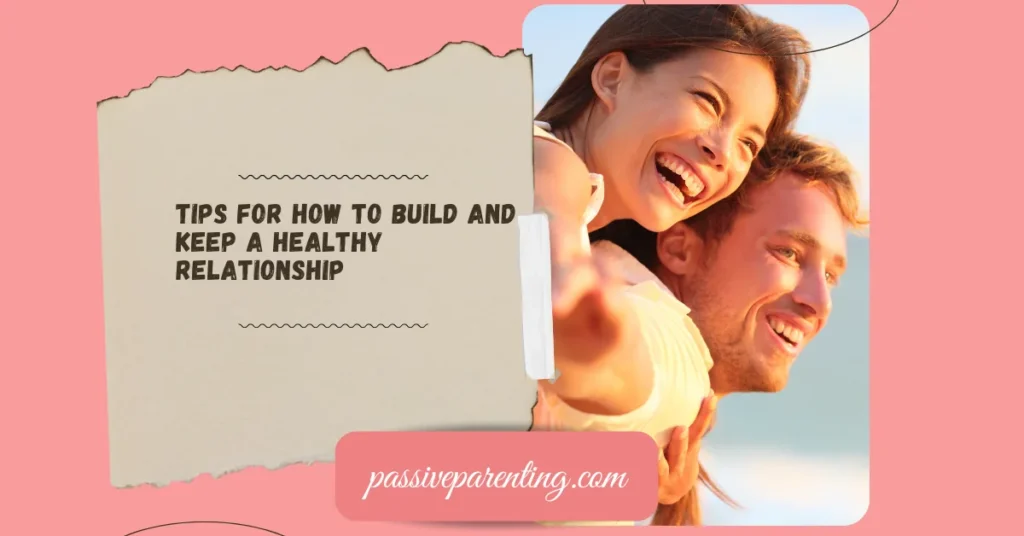
Healthy relationships are not built on perfection; they’re built on peace.
You don’t have to have it all figured out but you do have to try, together.
Here’s what healthy relationships feel like:
You can speak your truth without fear. You feel supported, not smothered. You’re encouraged to grow, not guilted for changing.
The foundation of a healthy relationship is communication, the kind that’s honest, kind, and consistent. You don’t assume, you ask. You don’t attack, you express.
There’s trust, but also forgiveness. Mistakes happen, but they become lessons, not weapons.
And yes, boundaries exist even between the most loving couples. Healthy love understands that space isn’t distance, it’s respect.
So the real tip here? Don’t chase drama. Choose stability. Because love shouldn’t feel like a battle you must survive, it should feel like a home you want to protect.
Tips To Master Communication: Talk, Listen, Understand
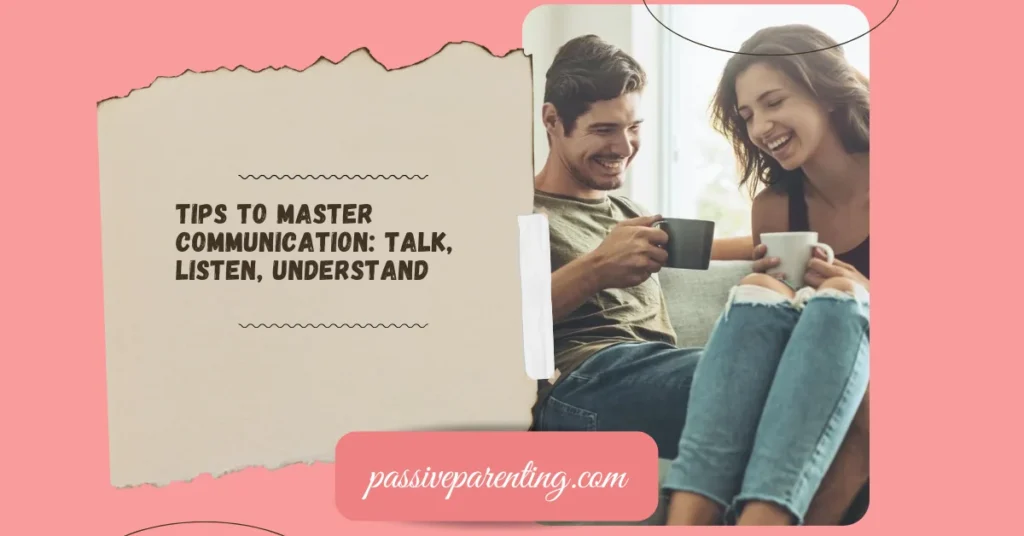
You can’t love someone you refuse to understand.
And you can’t be understood if you never speak.
Most relationships crumble not from betrayal, but from miscommunication. One person shuts down, the other assumes, and slowly, distance forms.
To communicate well, start by listening, truly listening. Not waiting for your turn to speak, not preparing your defense, but trying to understand where the other person is coming from.
Say what you mean with kindness. Replace “you always” and “you never” with “I feel” and “I need.” Language matters, it can build bridges or burn them.
If conversations start to turn heated, take a pause. Silence used wisely can calm storms; silence used cruelly can destroy connection.
The best communicators aren’t those who talk the most, they’re those who make others feel safest to speak.
Tips For Handling Conflict: Fight Fair and Repair Fast
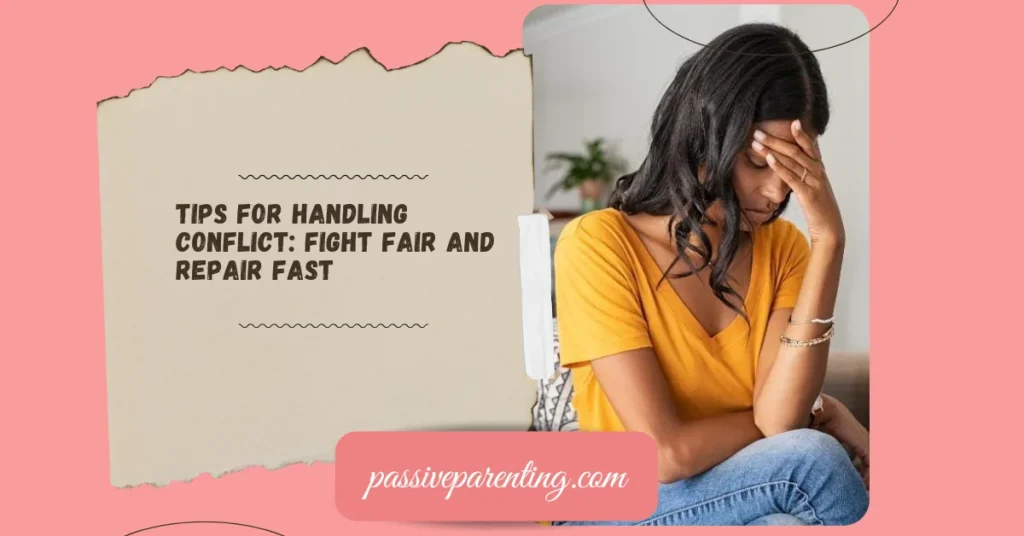
Every couple argues. Every friendship faces tension.
Conflict isn’t the problem, disrespect is.
Healthy conflict is about solutions, not scorekeeping. It’s the difference between “you’re wrong” and “we’re not on the same page yet.”
When disagreements arise, stay calm. Avoid saying things you can’t take back. If you need space, take it but promise to return to the conversation when both of you can listen.
Don’t drag in old issues to win the current fight. Stick to the moment. And remember: apologizing doesn’t mean losing; it means choosing peace over ego.
After the storm passes, repair intentionally. Reaffirm love, clarify misunderstandings, and maybe even laugh together about how dramatic things got.
A relationship isn’t strong because it never breaks, it’s strong because it knows how to mend.
Common Relationship Challenges
| Challenge | Common Cause | Healthy Solution |
|---|---|---|
| Miscommunication | Assuming instead of asking | Use “I feel” statements and active listening |
| Jealousy | Insecurity or lack of trust | Reassure with transparency and empathy |
| Boredom | Lack of new experiences | Try new hobbies or goals together |
| Busy Schedules | Poor time management | Schedule intentional time to reconnect |
| Digital Distractions | Excessive screen time | Create “no phone” moments together |
Tips To Set Boundaries: They’re the Secret to Respect
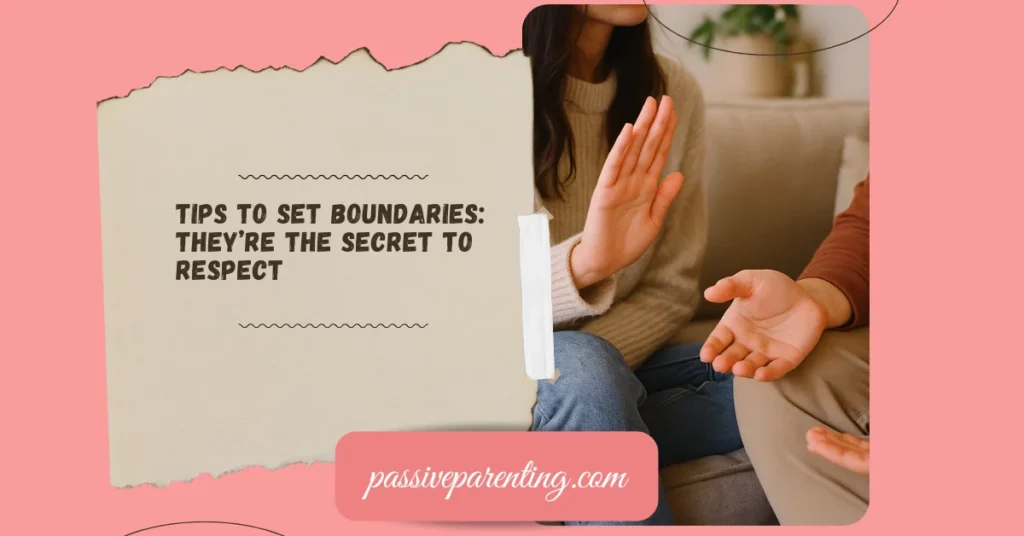
Many people fear setting boundaries because they think it’ll make them seem cold or demanding. But in truth, boundaries are expressions of self-respect.
Boundaries aren’t barriers, they’re guides for healthy behavior.
They tell the other person how to love you well.
Examples? Saying, “I need alone time to recharge,” or “I’m not comfortable being yelled at during arguments.”
In relationships without boundaries, resentment grows quietly. You start feeling unseen, unheard, and undervalued. But once you set clear limits, love becomes easier because both people know where safety lies.
A healthy partner won’t be threatened by your boundaries. They’ll appreciate them. The wrong ones will resist them, and that’s your sign.
Relationship Tips in the Digital Age
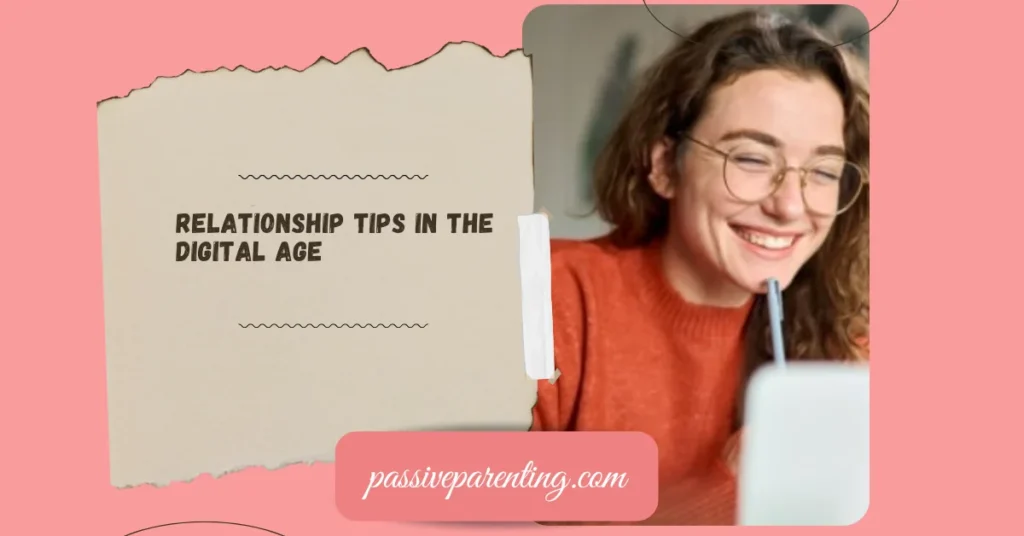
Let’s be real, relationships today exist as much on screens as they do in real life.
We text, post, share, and sometimes argue online. But digital love can blur lines of privacy and boundaries.
Here’s the best advice for modern love: keep real life first.
Don’t measure affection through likes or texts-per-hour. A person can post you on social media and still lie to you in private. What matters is consistency offline.
Respect each other’s privacy, no checking phones, no snooping through DMs. Trust isn’t built through surveillance; it’s built through honesty.
And if you’re in a long-distance relationship, use technology to stay close, video calls, surprise messages, shared playlists. But remember: physical distance doesn’t excuse emotional neglect. Stay emotionally available, even through a screen.
Tips for Men in Relationships
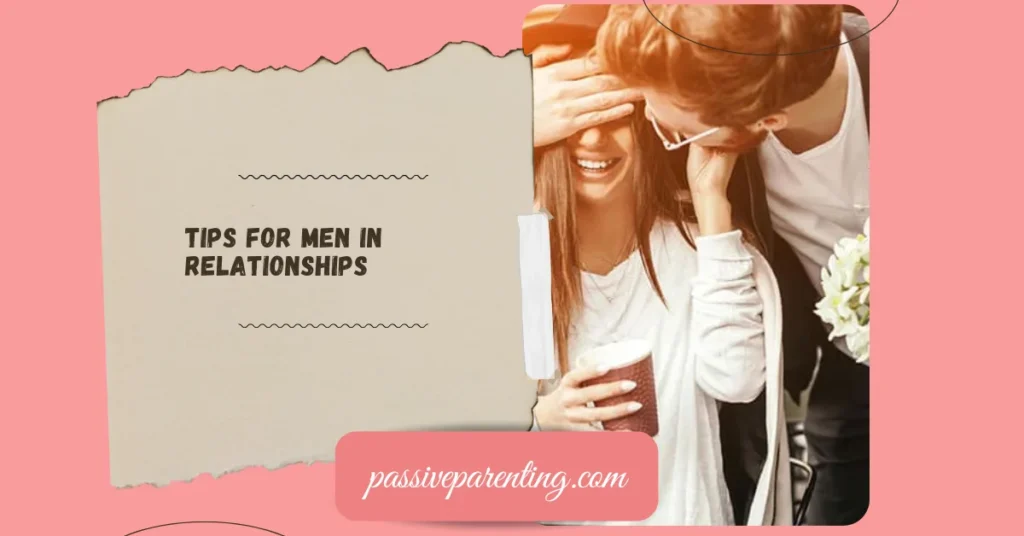
Men are often taught to “be strong” but strength in a relationship isn’t about silence or control. It’s about emotional courage, empathy, and consistency.
Here are some key relationship tips for men:
- Express your emotions openly. Your partner isn’t expecting perfection, they want connection. Being vulnerable isn’t weakness; it builds trust.
- Listen to understand, not to fix. Sometimes, your partner doesn’t need a solution, they just need presence.
- Show appreciation daily. Compliments, small gestures, and acknowledgment of effort mean more than you think.
- Keep your promises. Reliability creates emotional safety; broken promises create distance.
- Participate emotionally. Be involved in conversations about feelings, not just practical matters.
- Avoid emotional shutdowns. Silence or withdrawal can make your partner feel invisible. Speak, even if you’re unsure how.
The most attractive trait in a man isn’t dominance, it’s emotional intelligence and the ability to make his partner feel seen, valued, and secure.
Tips for Women in Relationships
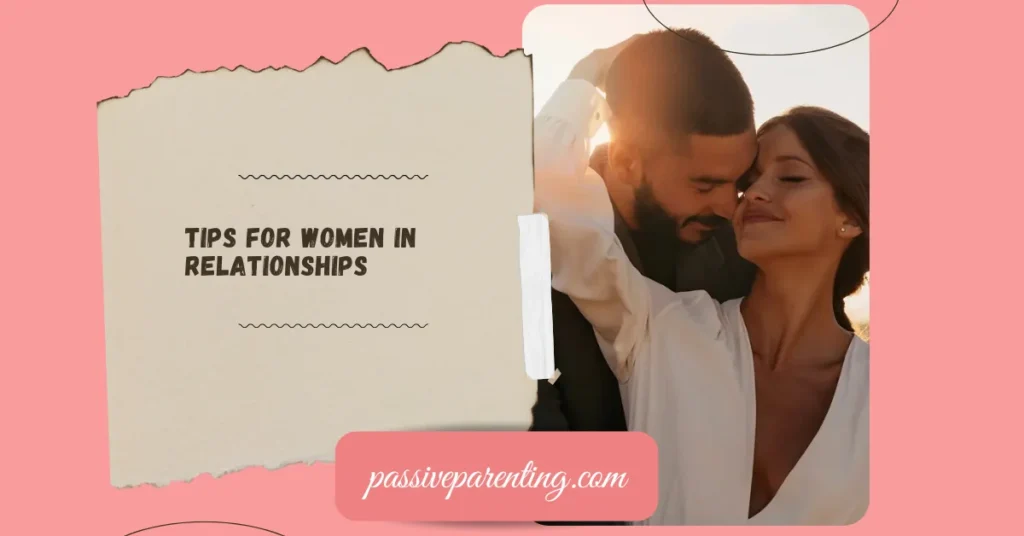
Women often give deeply in love, sometimes too deeply, forgetting their own needs along the way. These tips focus on balance, clarity, and self-respect.
- Love without losing yourself. It’s beautiful to nurture, but don’t forget your own dreams, identity, and boundaries.
- Communicate needs directly. Hints and expectations can lead to disappointment. Speak clearly and confidently, you deserve to be understood.
- Don’t tolerate emotional imbalance. If you’re always giving, always forgiving, and never receiving, it’s time to reset the dynamic.
- Appreciate effort. Just as you want to feel loved, so does your partner, acknowledgment builds mutual respect.
- Avoid comparison. Every relationship is unique; social media highlights aren’t real love stories.
- Stand firm on self-worth. Don’t confuse patience with endurance. Love grows with kindness, not pain.
A strong woman in a relationship isn’t one who stays through everything, it’s one who knows when to stay and when to stand up for her peace.
Tips for Newlyweds: Building the Foundation Right
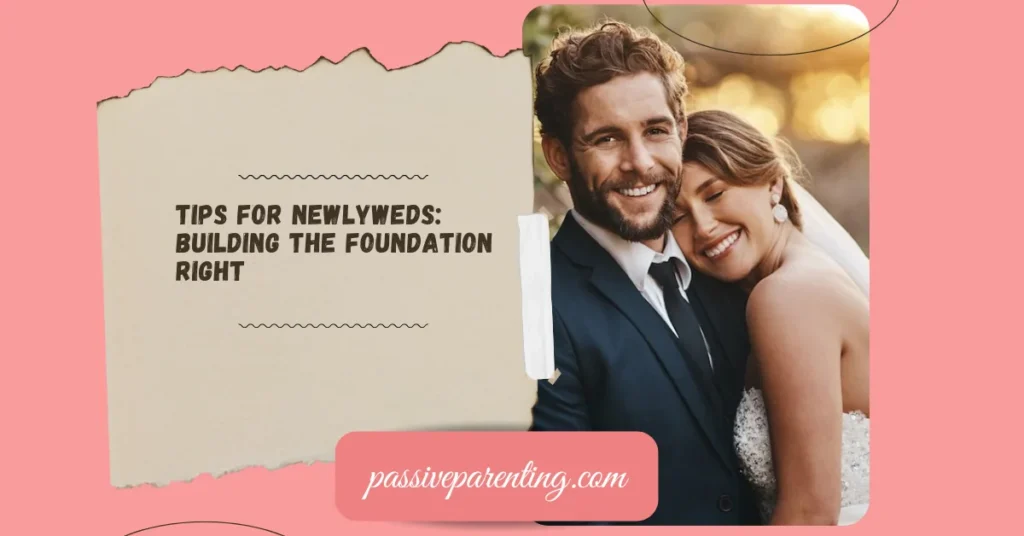
The first year of marriage or committed partnership is both magical and revealing.
You learn new things about each other, habits, triggers, dreams, and flaws all at once.
Here are a few relationship tips for newlyweds to start strong:
- Prioritize communication over assumption. You might think you know your partner completely, but marriage changes dynamics. Be open about expectations, finances, routines, intimacy, even family boundaries.
- Create “us” traditions. Whether it’s cooking together on Sundays or movie nights, shared rituals create connection and comfort.
- Divide responsibilities fairly. Partnership means teamwork, not silent scorekeeping. Avoid resentment by sharing tasks honestly.
- Keep intimacy alive. Physical and emotional closeness are both vital. Don’t let routine dull affection, small gestures count more than grand plans.
- Plan together, grow together. Discuss future goals, careers, kids, travel, dreams. Build a shared vision while respecting individuality.
Newlywed life isn’t about perfection; it’s about learning to love more intentionally, day by day.
Tips for Long-Distance Relationships
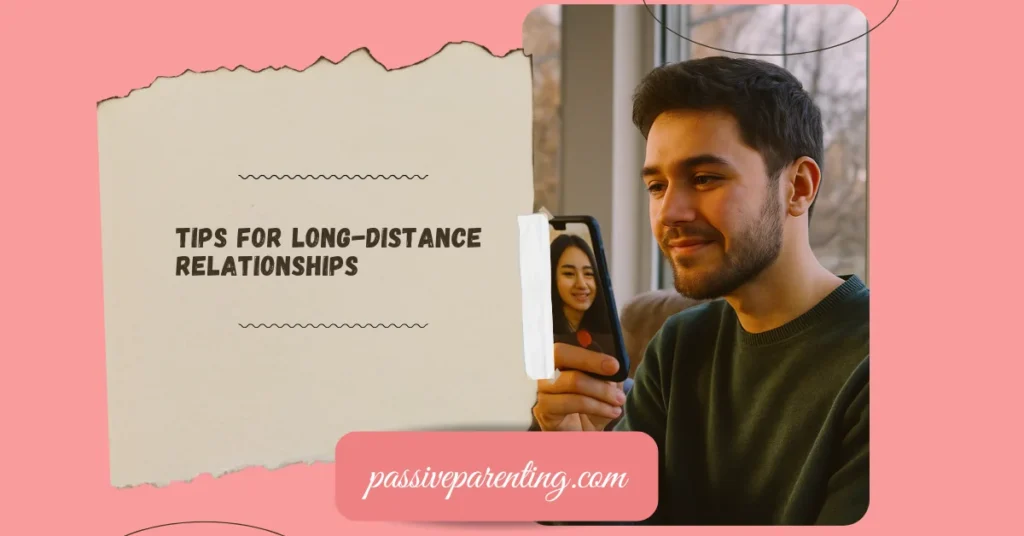
Long-distance relationships survive on trust, effort, and emotional consistency. It’s not about constant calls, but meaningful connection. Talk openly about your feelings and plans so distance doesn’t turn into doubt.
Keep the spark alive with small gestures, a surprise message, a shared playlist, or a virtual movie night. Most importantly, have a shared goal for the future; knowing you’re both working toward eventually being together keeps hope alive.
When love is genuine, distance doesn’t weaken it, it strengthens the bond and reminds you that connection is deeper than miles.
Tips for Family and Friend Relationships
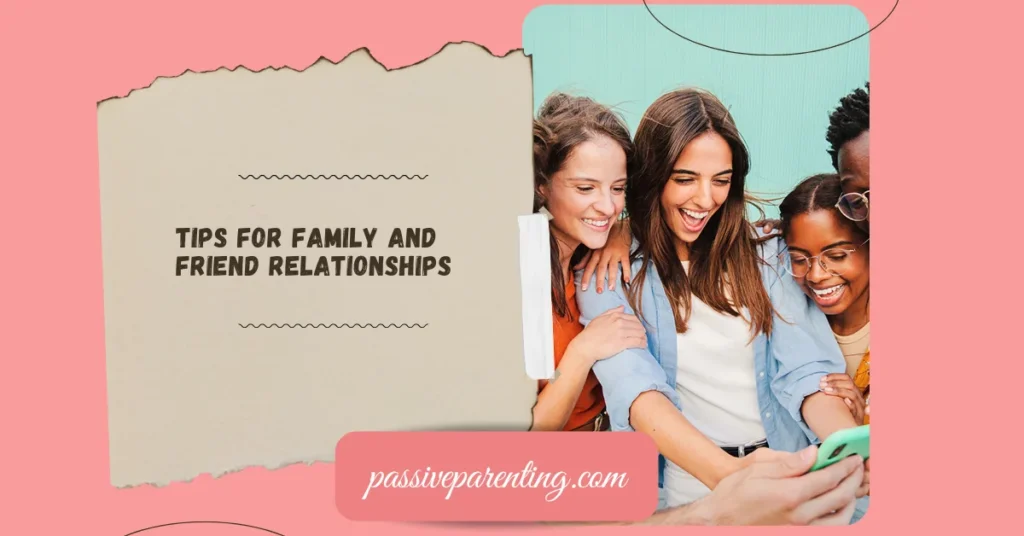
Love doesn’t only belong to romance.
Friendships and family bonds shape our emotional lives just as deeply.
With family, love can sometimes get tangled in expectations or old wounds. The key is communication and boundaries. You can love someone deeply and still limit their access to your peace. You can forgive without re-engaging in the same unhealthy patterns.
With friends, effort matters. Stay consistent, not just in good times but in hard ones. Reach out. Be honest when you’re hurt, instead of silently withdrawing.
True friendships, like romantic relationships, need nourishment. They fade not because of conflict, but because of neglect.
So call your friend. Visit your parents. Show up when it matters.
Love is a verb even outside romance.
Love Yourself First: The Foundation of Every Relationship
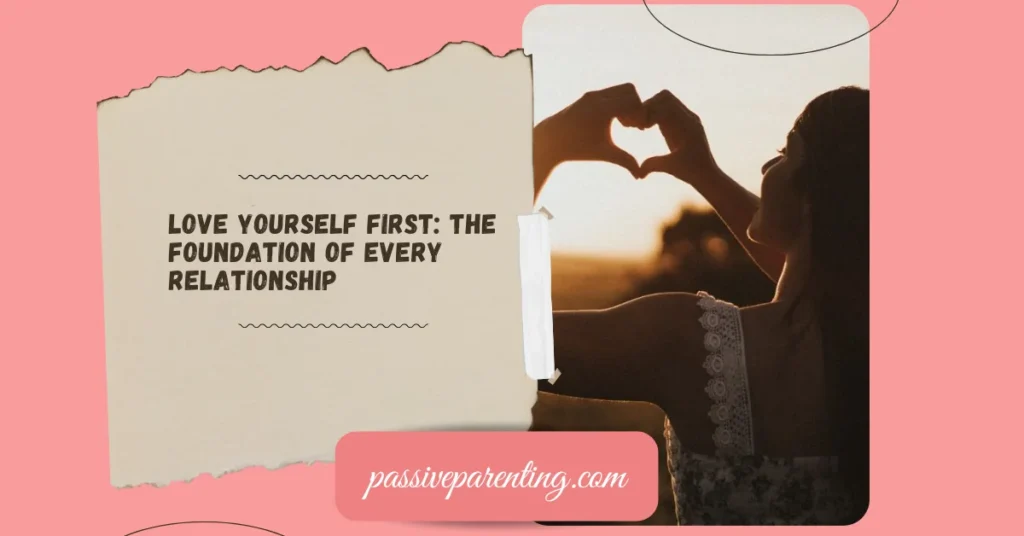
Every relationship you build will mirror the one you have with yourself.
If you don’t respect yourself, you’ll tolerate disrespect. If you don’t believe you deserve love, you’ll accept the bare minimum.
Self-love isn’t selfish; it’s survival. It’s the quiet confidence that says, “I am enough, even if no one chooses me today.”
Take care of your mind, body, and emotions. Learn your triggers. Heal your past. Don’t rush into relationships just to fill emptiness, learn to enjoy your own company first.
When you know your worth, you stop begging for attention and start attracting people who value your energy.
Because healthy love doesn’t complete you, it complements you.
Tips For Healing After Heartbreak: Turn Pain into Power
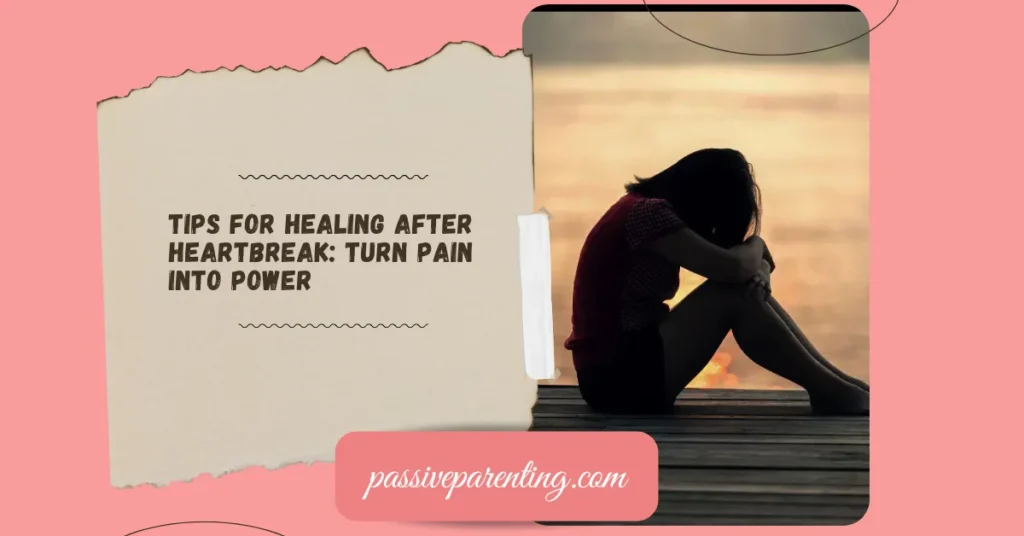
When love ends, it can feel like the world collapses. But endings aren’t failures, they’re transitions.
Heartbreak is a chance to rebuild yourself stronger. Cry if you must. Write it out. Reflect on what went wrong, but don’t let it define your future.
You’ll find that time doesn’t heal everything, understanding does. Understanding what you need, what you deserve, and what you’ll no longer settle for.
The best relationship tips after heartbreak?
Be gentle with yourself. Take time to rediscover who you are outside of that relationship. Relearn what joy feels like on your own.
Healing isn’t about forgetting them, it’s about remembering yourself.
Tips For Building Lasting Love: The Daily Habits That Matter
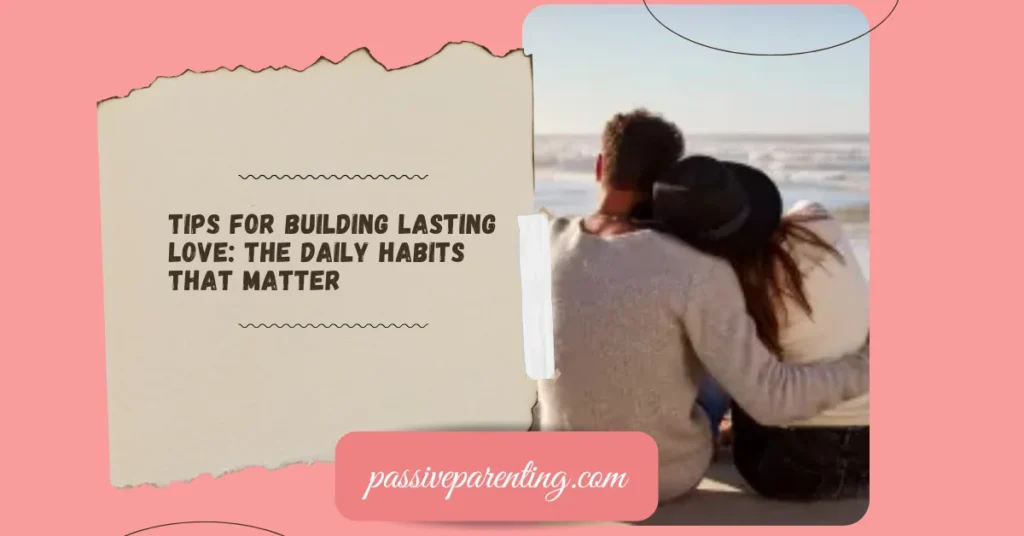
At the end of the day, long-term happiness in love isn’t found in grand gestures, but in tiny, consistent acts.
Say thank you often. Appreciate loudly. Laugh easily. Don’t stop flirting even after years together.
Ask, “How was your day?” and actually listen.
Hold hands. Share silence comfortably.
Check in emotionally not just logistically. “How are you feeling?” is more powerful than “What’s for dinner?”
And when life gets busy, make time. Because connection fades quietly when it’s not fed.
Love is not something you fall into; it’s something you practice, every day.
Key Relationship Tips by Type
Relationship Tips Table
| Relationship Type | Core Tip | Main Focus |
|---|---|---|
| Short-Term | Be honest and enjoy the moment | Honesty and boundaries |
| Long-Term | Keep growing together | Consistency and adaptability |
| Toxic | Know when to walk away | Self-protection and boundaries |
| Healthy | Nurture and communicate | Mutual respect and empathy |
| Long-Distance | Build trust and a shared goal | Communication and patience |
| Healing | Focus on self-discovery | Acceptance and self-love |
Final Tip: Remember, Relationships Reflect Growth, Not Perfection
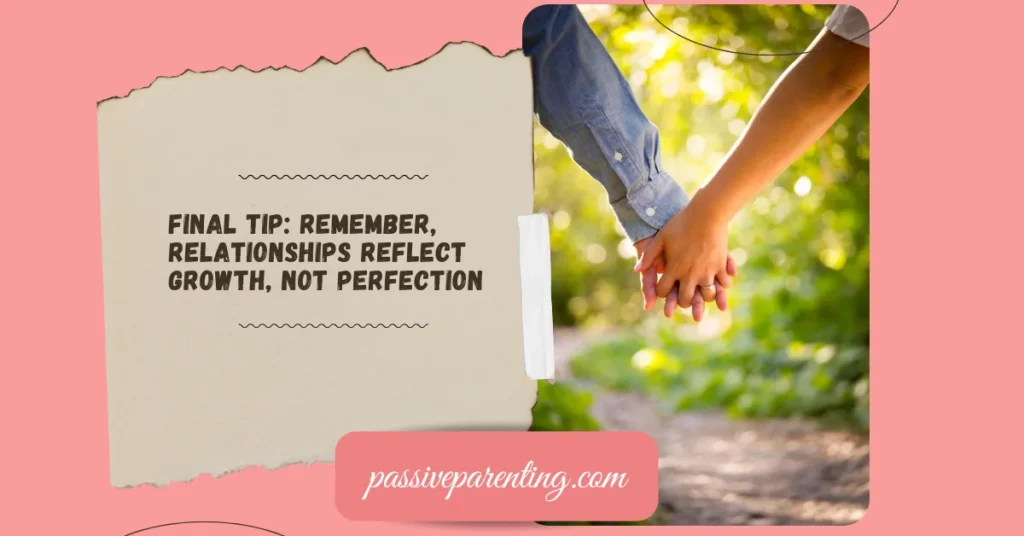
The truth is, there’s no single formula for perfect relationships because people aren’t formulas.
What works for one couple, friendship, or family won’t work for another. The goal isn’t to fit a mold, but to find mutual understanding and emotional balance.
You will make mistakes. You will miscommunicate. You will get hurt. But each experience, if you let it, will make you wiser, softer, and stronger.
At its best, love teaches us patience. It teaches us to listen, to forgive, to stay open even when we’ve been bruised.
So whether you’re learning from a short-term fling, nurturing a lifelong bond, or walking away from toxicity, remember:
Every relationship, good or bad, is a lesson in becoming the most authentic version of yourself.
Because the greatest relationship tip of all is simple
Love deeply, but never lose yourself in the process.

